
Why Beijing’s national security law for Hong Kong deserves the full support of the judiciary and lawyers
- The fact that reform is deemed necessary to improve Hong Kong’s legal system and ‘enforcement mechanism’ should serve as a wake-up call for the legal profession
- The common law is at the heart of ‘one country, two systems’ and there is no reason the principle should not continue beyond 2047 if it is in tune with broader national interests
Every nation on Earth, unless a failed state, has laws protecting national security. In Hong Kong, there is a set of laws, inherited from the colonial government, dealing in a haphazard way with some of the complex issues involving national security. These can be found in Part I of the Crimes Ordinance, the Societies Ordinance and the Official Secrets Ordinance.
This required the Hong Kong government, upon being established on July 1, 1997, to enact laws to prohibit treason, secession, sedition, subversion, and foreign entities forming political alliances with entities in Hong Kong.
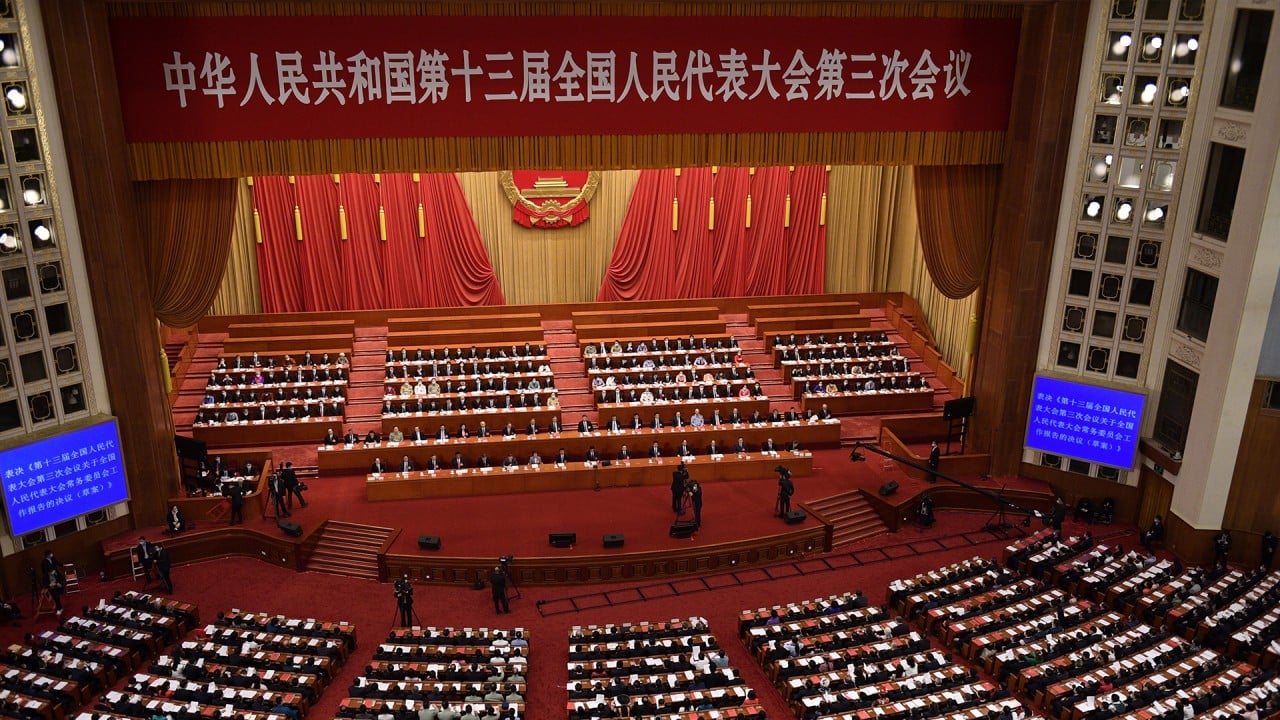
02:33
China’s top legislature approves national security bill for Hong Kong
The result was that the National Security (Legislative Provisions) Bill, introduced in Legco in February 2003, was withdrawn, leaving the ramshackle colonial laws as a defence against attacks on national security.
As things stood at that time, the world was relatively peaceful. The constitutional need in Hong Kong to implement Article 23 was held in abeyance, through two successive changes in the post of chief executive.
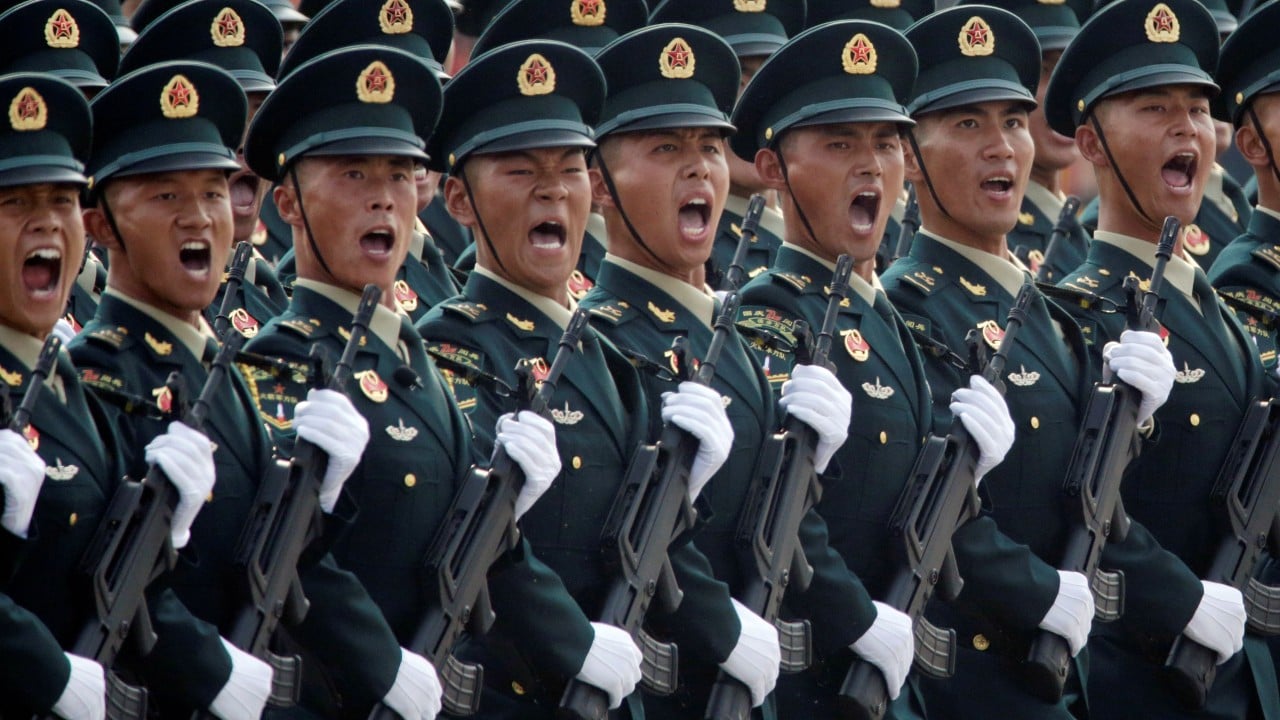
04:12
Are Xi Jinping’s China and Donald Trump’s US destined for armed conflict?
And, as usual, the media has immediately danced to the tune of sound bites, not having the time to study the issues in depth: answering to the exigencies of the daily news cycle. Who, reporting on the issues of today, has read the government’s consultation document of September 2002?
Have those reporting on the incident reflected on its deeper significance, beyond a shameful episode in a troubled land?
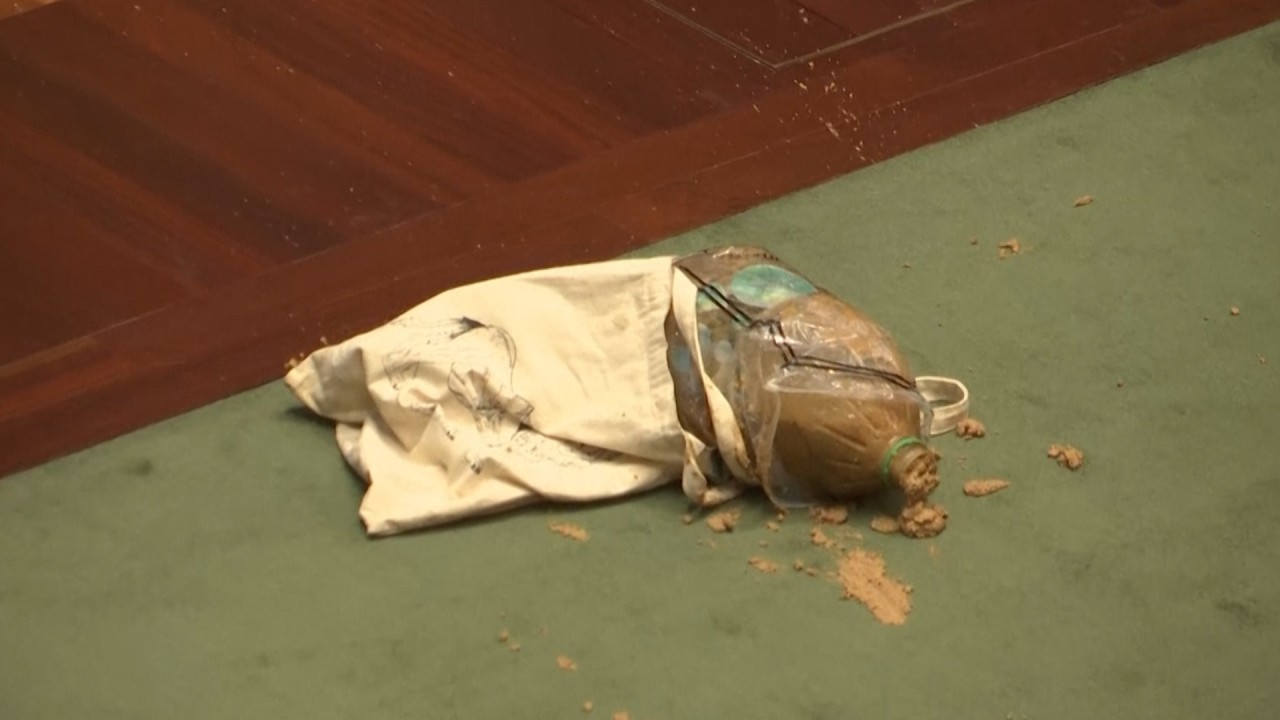
01:33
Hong Kong lawmaker throws container of rotten plants in protest of controversial national anthem law
What it means is that no law can be passed in Hong Kong. Meanwhile, internal security has worsened, with increasing evidence of terrorist activities aimed at bringing the Hong Kong police to its knees and overthrowing the government.
The anti-government movement seems well-funded and this raises the question as to the source of the funds. Since October last year, a state of grave public danger has existed and been recognised as such by the government. A threat of this nature to Hong Kong – a region of China – clearly constitutes a national security threat.
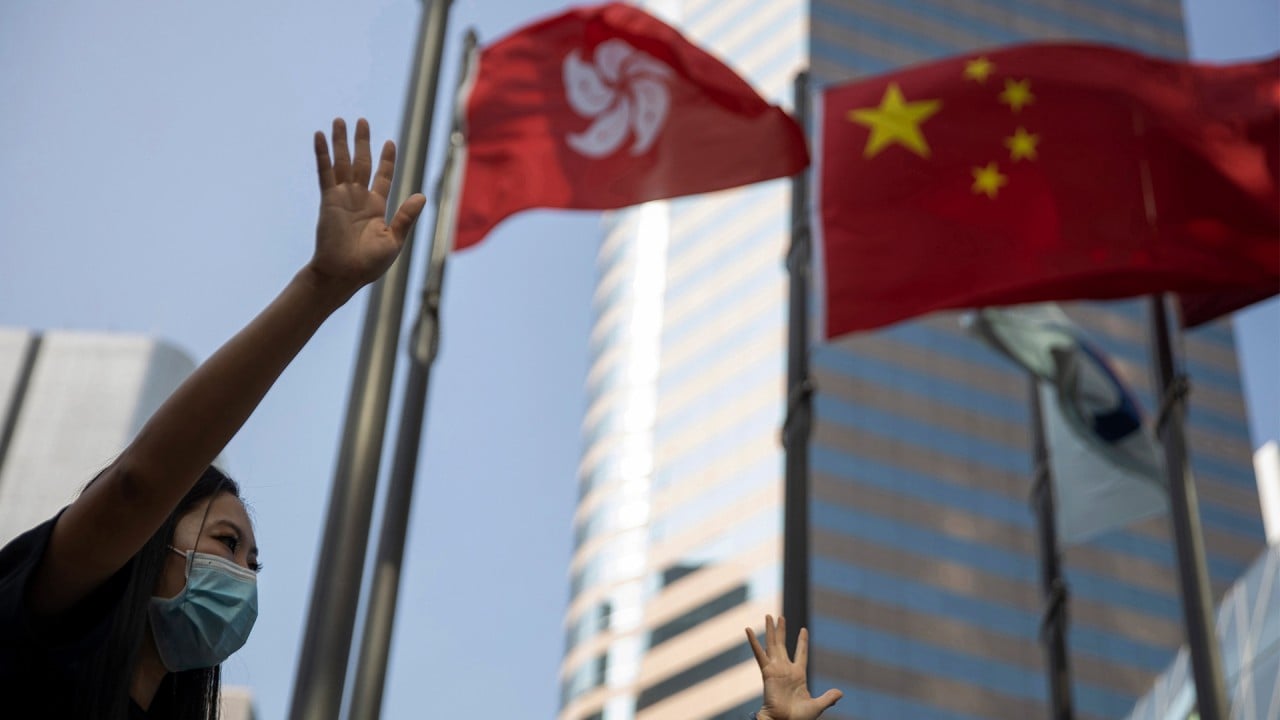
01:56
Hong Kong is no longer autonomous from China, US determines
The explanatory document issued by the vice-chairman of the NPC Standing Committee contains a warning which the legal profession and the judiciary in Hong Kong should heed: “Efforts must be made at the state level to establish and improve the legal system and enforcement mechanism of the HKSAR’’.
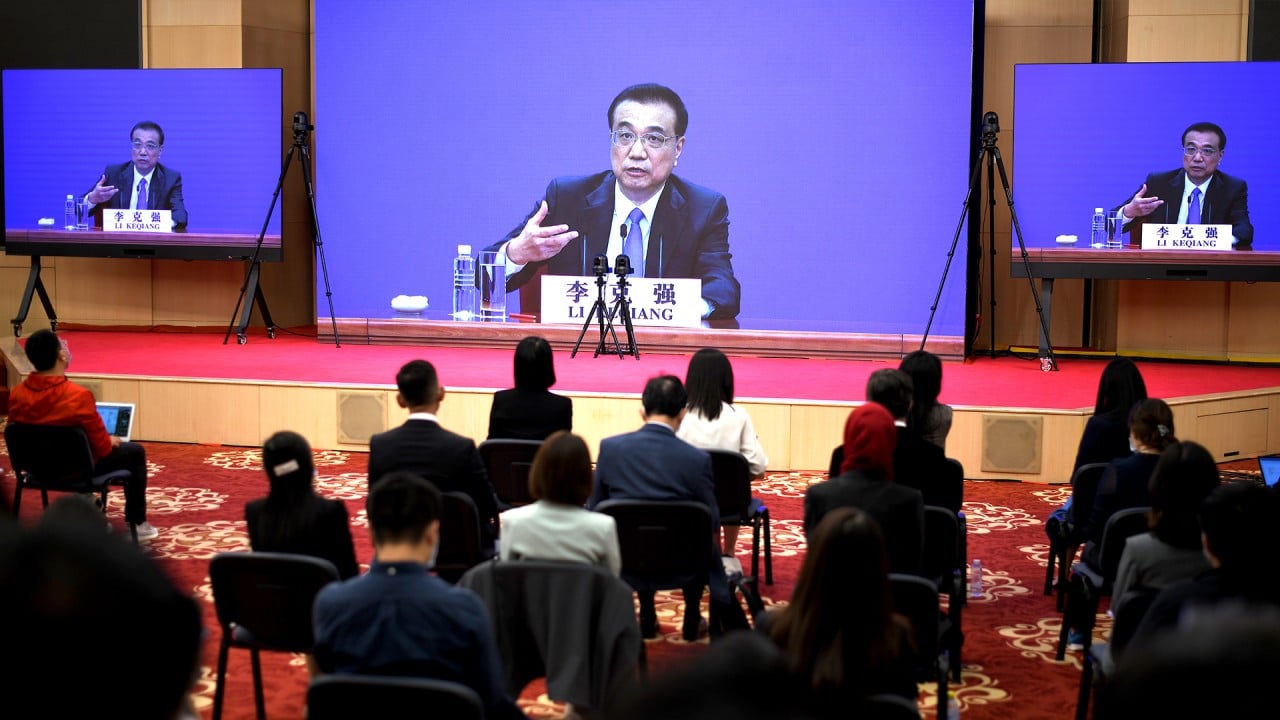
05:11
Chinese Premier Li Keqiang on pandemic, China-US tensions and Hong Kong
The health crisis only erupted in March. Before then, the courts were capable of functioning normally. Yet, only a handful of people arrested had been convicted, and none for crimes such as attempted murder, grievous bodily harm, arson or criminal damage to transport infrastructure.
What Beijing’s national security law for Hong Kong covers, who should worry?
The common law lies at the heart of the “one country, two systems” policy, and is the foundation for Hong Kong’s success as a global financial centre. There is no reason such policy should not go beyond 2047 if it harmonises with broader national interests.
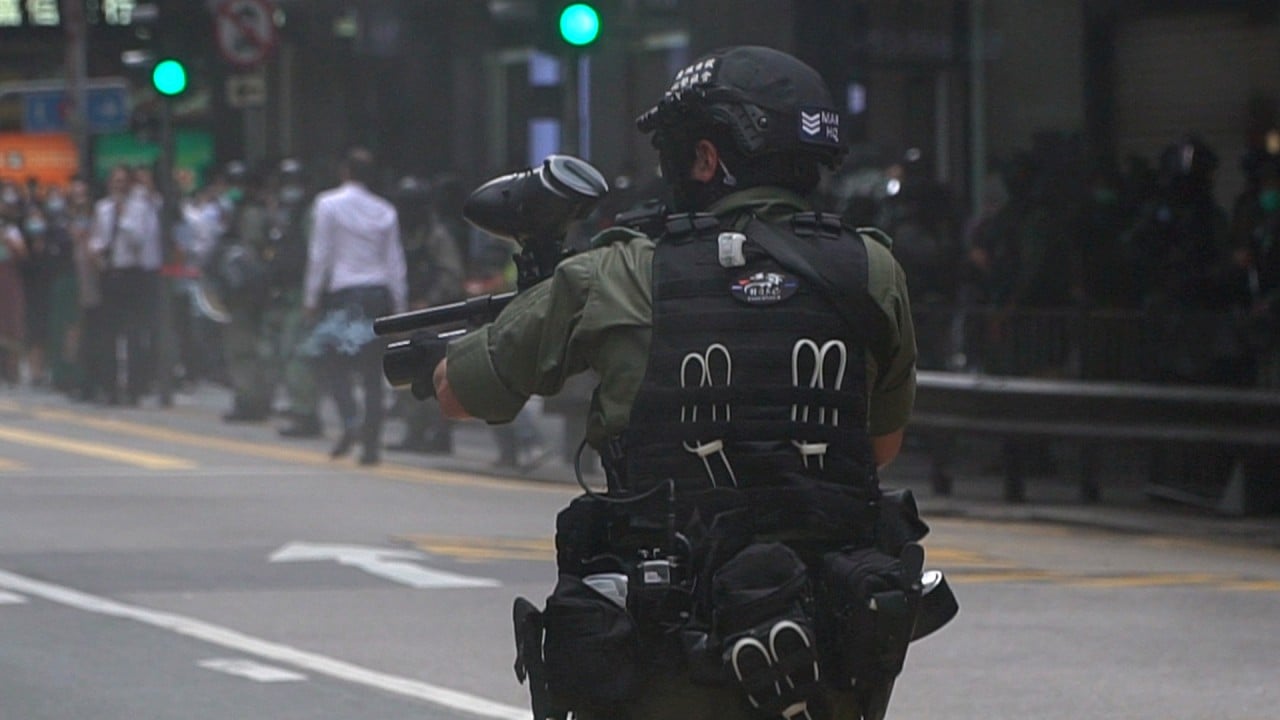
03:06
Hong Kong police fire pepper rounds at protesters opposing national anthem law
Hence, it is very much in the interests of young lawyers to truly support that policy, to work towards the success of that policy: they will be at the high noon of their professional lives in 2047. And the duty of older lawyers, the leaders of their profession, is to cultivate a climate conducive to their juniors’ success. But is this what they are in fact doing?
Clearly, radical changes at all levels are called for, no less than in the judiciary. The starting point is surely to internalise this key concept: that Hong Kong is a mere region of China. A small dot on the map of China: 7.4 million people in a population of 1.4 billion. Nothing more. To make it more, greater, more influential in the world, it requires nurturing in an authentic way.
It is beyond the scope of this article to go into aspects of reform necessary to “improve the legal system and enforcement mechanism of the HKSAR”, in the words of the vice-chairman of the NPCSC. But those words must surely sound as a wake-up call for the legal profession and the judiciary.
Henry Litton is a retired Court of Final Appeal judge and author of “Is the Hong Kong Judiciary Sleepwalking to 2047?".

